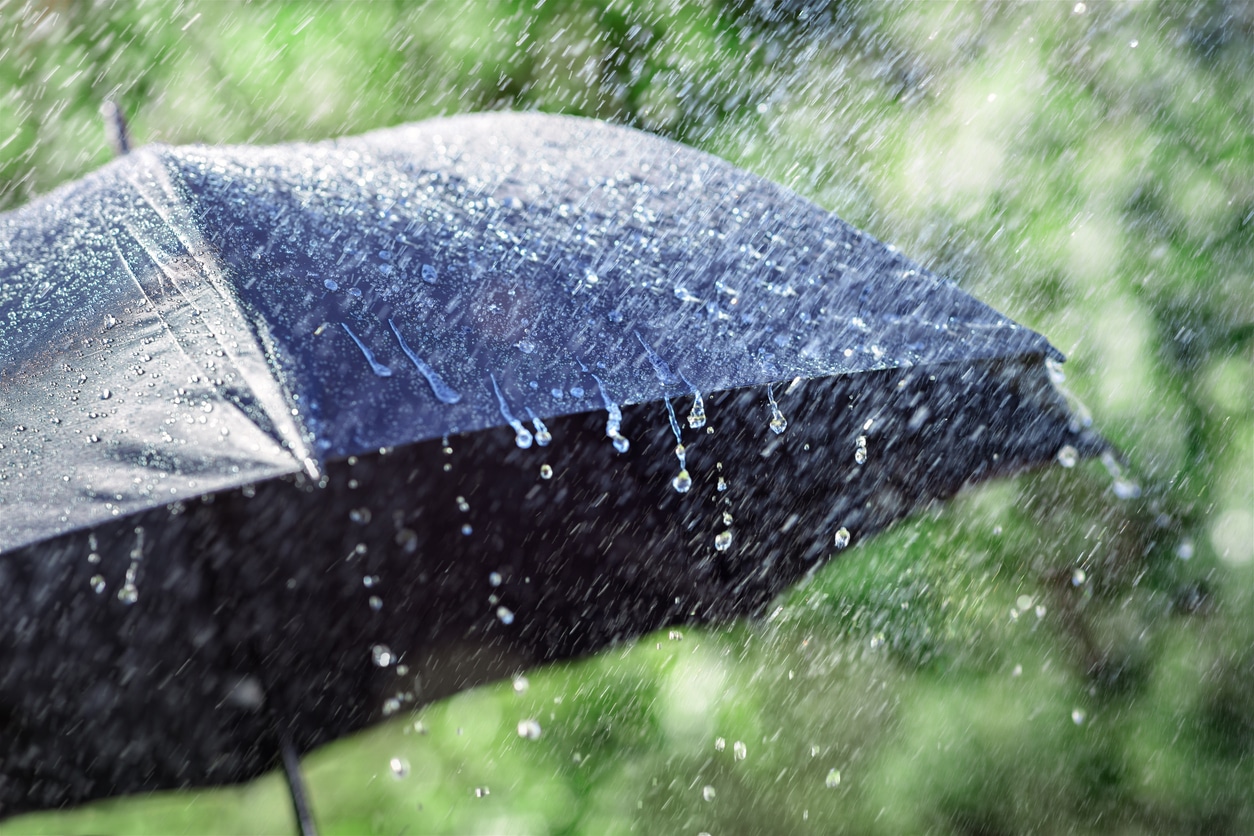Every hearing aid wearer knows that hearing aids and water don’t mix. Whether you’re caught in a rainstorm or skiing at the Brighton Resort, it’s natural to worry about how the wet elements will affect your devices. That’s where waterproof and water-resistant hearing aids come in to help you enjoy clear, amplified sound no matter the conditions.
What Does “Waterproof” Really Mean for Hearing Aids?

We’ve all seen items like smartphone cases, dry bags or sports watches described as waterproof, but how true is that claim? In many cases, the term “waterproof” is more accurately described as water-resistant. This means the device can withstand brief encounters with water, like a few splashes while you wash the dishes or heavy sweat during a workout. However, prolonged exposure or submersion—like swimming with your hearing aids still in—could lead to damage.
For hearing aids, this distinction is key. Even if they’re labeled as waterproof, they’re likely not meant for long periods underwater. Think of them as being equipped to handle everyday mishaps, not deep-sea diving adventures. If you’re unsure how much water your devices can handle, consult your manual or hearing aid specialist.
Tips to Keep Your Hearing Aids Safe Around Water
Approximately 28.8 million U.S. adults could benefit from hearing aids. Waterproof or water-resistant hearing aids are a great investment for added peace of mind. However, protecting them from water damage still requires some care. Here are a few helpful tips to keep your devices functioning their best:
- Remove before swimming. It’s best to remove your hearing aids before diving into a pool or taking a dip in the lake. Store them in their protective case to ensure they stay safe and dry while you swim. If you’re going skiing or snowboarding, it’s probably okay to wear your devices as long as they’re securely fastened and under a headband.
- Only dry wash your devices. Just as you shouldn’t run your smartphone under the tap when it gets dirty, it’s best to avoid cleaning your hearing aids with soap and water. Instead, use a clean, dry cloth or special hearing aid wipes to remove debris and a wax pick for fine cleaning. If your devices need a deep clean, contact your provider about your options.
- Dry your ears and hair. Drying your ears and hair is a great way to reduce moisture contact with your devices and prevent trapped water from leading to swimmer’s ear or other infections. If you have water trapped in your ear, tilt your head to the side to allow it to drain out.
If you’re interested in learning more about waterproof hearing aids or have any concerns about caring for your devices, contact South Valley Ear Nose & Throat – West Jordan today for expert advice.